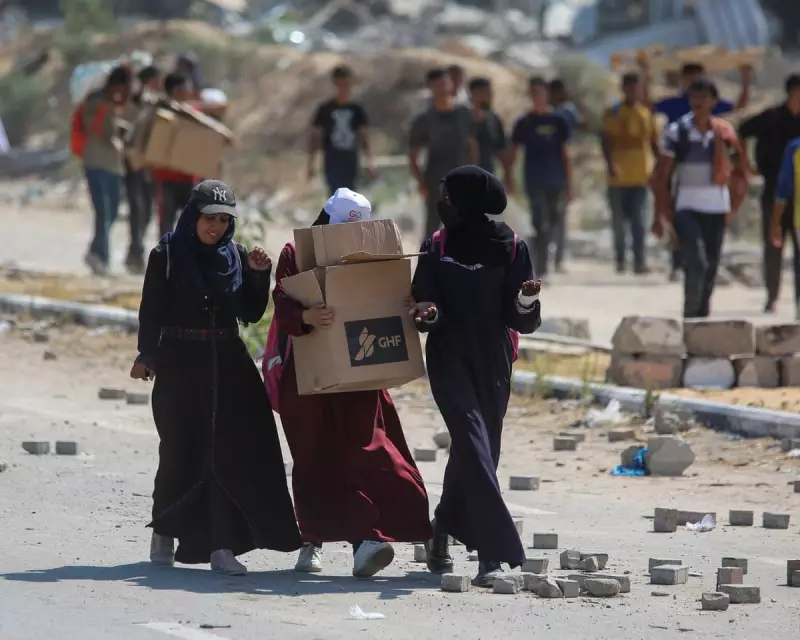
Controversial Aid Group Ends Gaza Operations Amid Violence Claims
A controversial private aid organisation backed by the United States and Israel has announced it will permanently cease operations in Gaza. The Gaza Humanitarian Foundation (GHF), which faced widespread criticism over its methods and links to deadly violence, stated it had successfully completed its emergency mission despite operating for less than a year.
Deadly Distribution Sites
The foundation operated four main food distribution centres that became flashpoints of chaos and violence between May and October. According to witness accounts gathered by the Guardian, medical records and social media videos, more than 1,000 Palestinians were killed or injured by Israeli military forces while attempting to access GHF aid sites.
Between 25th May and 19th June alone, the Red Cross clinic in Rafah documented 1,874 weapon-wounded patients, with the vast majority reporting they were injured while trying to reach GHF distribution points. The Israeli military claimed it only fired warning shots for crowd control or when troops felt endangered.
International Rejection and Covert Agendas
International aid organisations consistently refused to collaborate with the GHF, which was established as famine threatened Gaza following Israel's total blockade on supplies imposed in March. The opaque company was viewed by Israeli and US officials as an alternative to United Nations operations, which both countries accused of inefficient aid distribution.
A UN-mandated expert panel alleged in August that GHF aid was being exploited for covert military and geopolitical agendas. This contrasted sharply with the UN's own massive humanitarian effort, which distributed essential supplies through more than 400 centres across Gaza despite significant logistical challenges and Israeli restrictions.
Contractors working at GHF sites, supported by video evidence, claimed that American security guards fired live ammunition and stun grenades at desperate Palestinians scrambling for food. The foundation denied violence occurred at the sites themselves but acknowledged dangers people faced travelling to them on foot.
Transition and Accountability Demands
John Acree, a former senior official at the United States Agency for International Development (USAID), revealed that GHF would transfer its operations to the Civil-Military Coordination Center (CMCC), the new US-established centre in Israel overseeing ceasefire and aid delivery in Gaza.
The GHF claimed it delivered more than 187 million meals directly to Gaza civilians, calling it a record humanitarian operation that ensured aid reached Palestinian families without diversion to Hamas. However, Acree's predecessor resigned, stating it was impossible to implement GHF's plan while adhering to humanitarian principles of neutrality and impartiality.
Hamas spokesperson Hazem Qassem demanded accountability for the foundation, calling on international human rights organisations to ensure GHF doesn't escape responsibility for thousands of Gazan casualties and for covering up what he described as Israel's starvation policy.
The US State Department thanked GHF for its humanitarian work, with spokesperson Tommy Pigott writing on X that the foundation's model, which prevented Hamas from looting aid, played a huge role in achieving a ceasefire. All GHF distribution sites were located in Israeli-controlled areas of Gaza, making them inaccessible to most Palestinians after the US-brokered ceasefire took effect last month.





